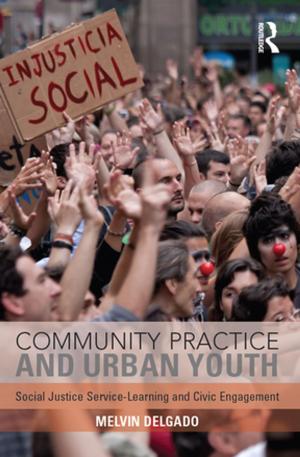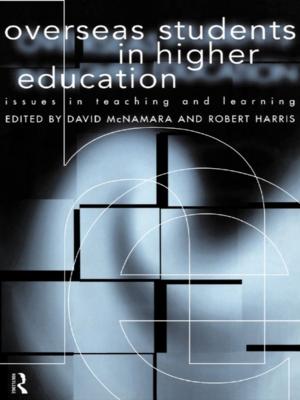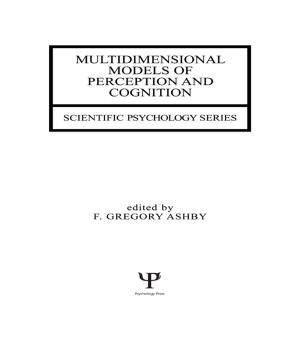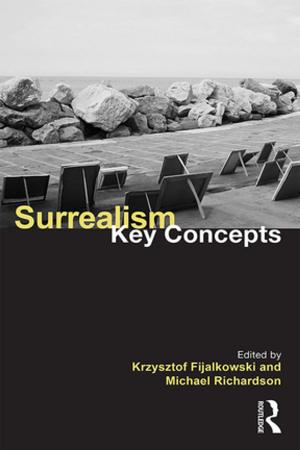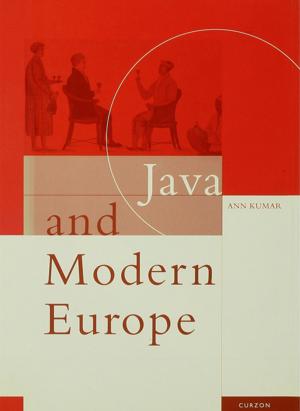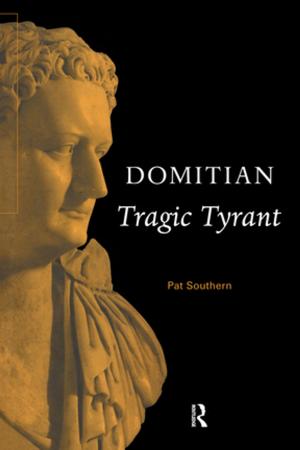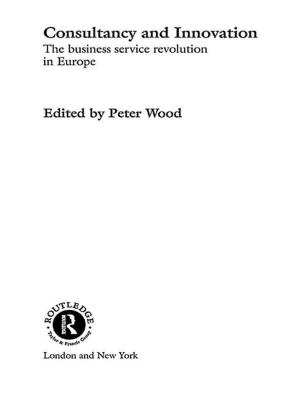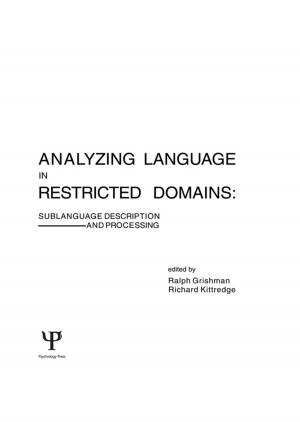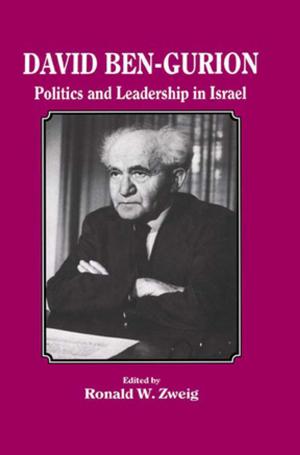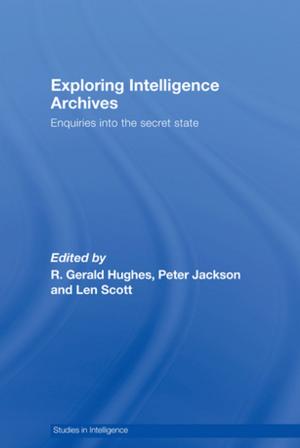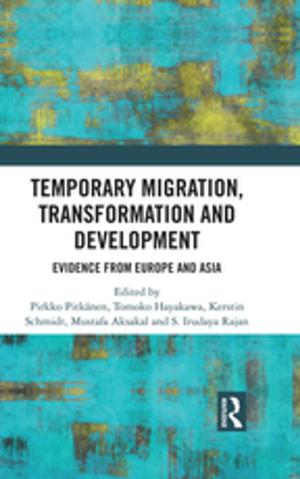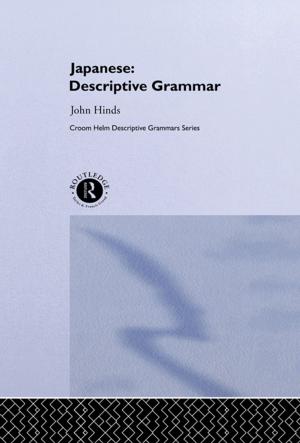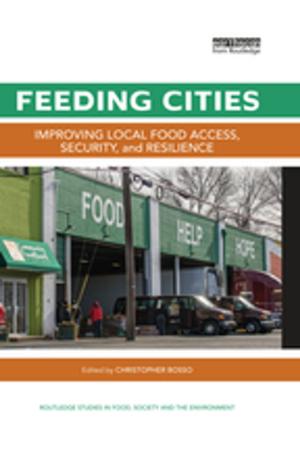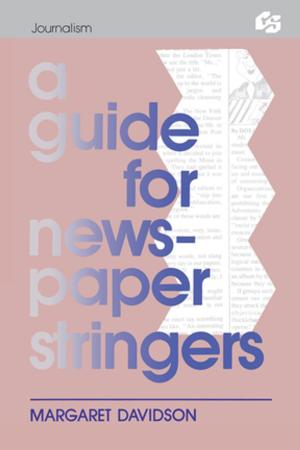Russia's Long Twentieth Century
Voices, Memories, Contested Perspectives
Nonfiction, History, Asian, Russia| Author: | Choi Chatterjee, Lisa A. Kirschenbaum, Deborah A. Field | ISBN: | 9781317221227 |
| Publisher: | Taylor and Francis | Publication: | May 20, 2016 |
| Imprint: | Routledge | Language: | English |
| Author: | Choi Chatterjee, Lisa A. Kirschenbaum, Deborah A. Field |
| ISBN: | 9781317221227 |
| Publisher: | Taylor and Francis |
| Publication: | May 20, 2016 |
| Imprint: | Routledge |
| Language: | English |
Covering the sweep of Russian history from empire to Soviet Union to post-Soviet state, Russia's Long Twentieth Century is a comprehensive yet accessible textbook that situates modern Russia in the context of world history and encourages students to analyse the ways in which citizens learnt to live within its system and create distinctly Soviet identities from its structures and ideologies.
Chronologically organised but moving beyond the traditional Cold War framework, this book covers topics such as the accelerating social, economic and political shifts in the Russian empire before the Revolution of 1905, the construction of the socialist order under Bolshevik government, and the development of a new state structure, political ideology and foreign policy in the decades since the collapse of the Soviet Union. The authors highlight the polemics and disagreements that energize the field, discussing interpretations from Russian, émigré, and Western historiographies and showing how scholars diverge sharply in their understanding of key events, historical processes, and personalities.
Each chapter contains a selection of primary sources and discussion questions, engaging with the voices and experiences of ordinary Soviet citizens and familiarizing students with the techniques of source criticism. Illustrated with images and maps throughout, this book is an essential introduction to twentieth-century Russian history.
Covering the sweep of Russian history from empire to Soviet Union to post-Soviet state, Russia's Long Twentieth Century is a comprehensive yet accessible textbook that situates modern Russia in the context of world history and encourages students to analyse the ways in which citizens learnt to live within its system and create distinctly Soviet identities from its structures and ideologies.
Chronologically organised but moving beyond the traditional Cold War framework, this book covers topics such as the accelerating social, economic and political shifts in the Russian empire before the Revolution of 1905, the construction of the socialist order under Bolshevik government, and the development of a new state structure, political ideology and foreign policy in the decades since the collapse of the Soviet Union. The authors highlight the polemics and disagreements that energize the field, discussing interpretations from Russian, émigré, and Western historiographies and showing how scholars diverge sharply in their understanding of key events, historical processes, and personalities.
Each chapter contains a selection of primary sources and discussion questions, engaging with the voices and experiences of ordinary Soviet citizens and familiarizing students with the techniques of source criticism. Illustrated with images and maps throughout, this book is an essential introduction to twentieth-century Russian history.


